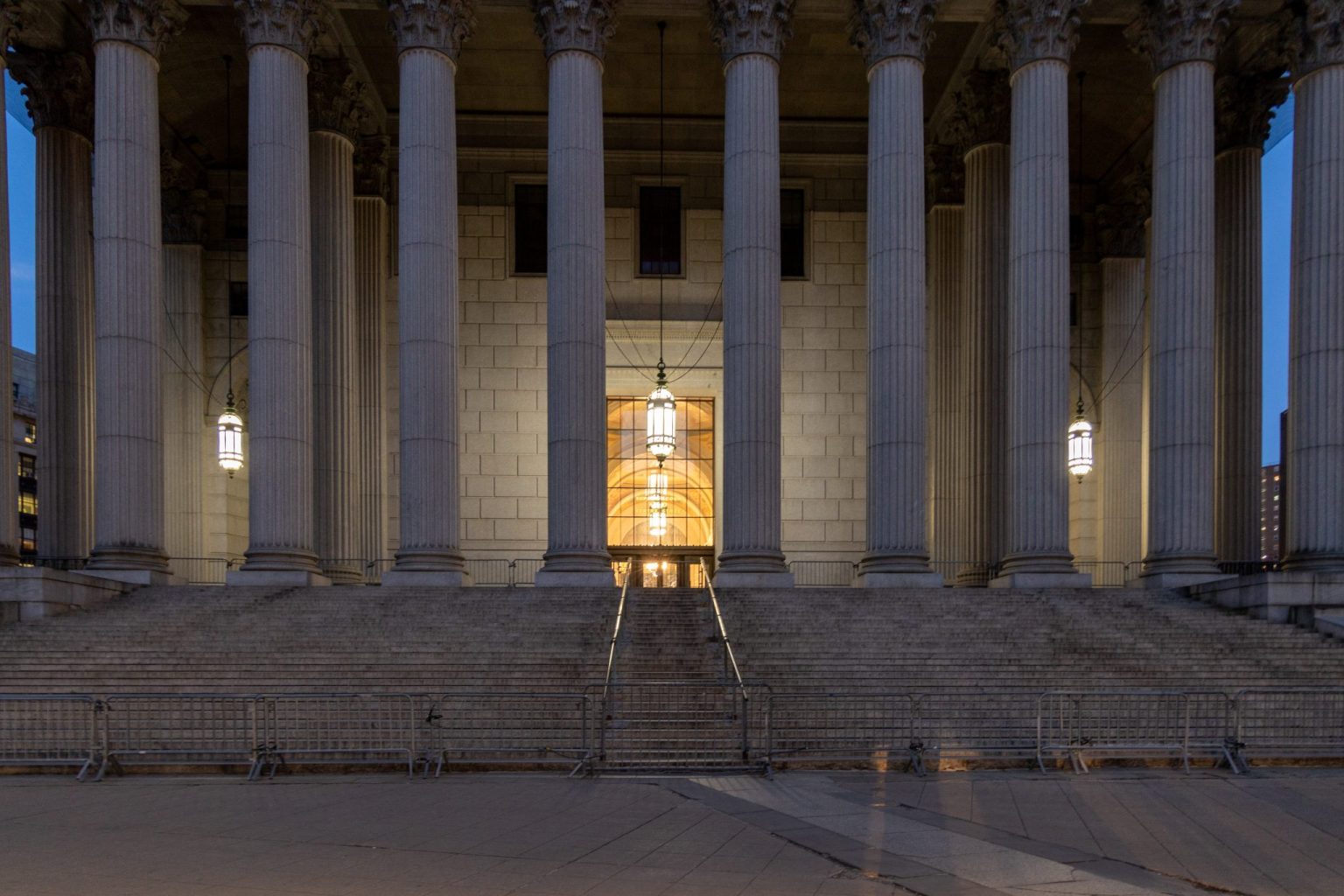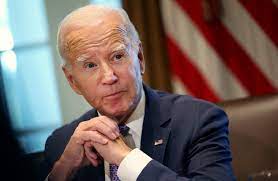Justice Samuel Alito recently stated in an interview that Congress does not have the authority to regulate the Supreme Court. This statement comes in response to efforts by Democrats to introduce stricter ethics rules. According to Alito, the Constitution does not grant Congress the power to regulate the Supreme Court. While Congress has the ability to structure lower federal courts, the separation of powers prevents them from imposing regulations on the high court.
The Supreme Court has witnessed an increased ideological divide among its justices, leading to frequent clashes on major issues. Chief Justice John Roberts and Justice Samuel Alito have both expressed skepticism towards Congress’s ability to act, though Alito’s recent remarks have been more definitive. Some believe that Roberts’s questioning has provided ammunition for Republican objections.
The role of the judiciary in relation to Congress and the executive branch has long been a topic of debate and contention. While the Constitution grants certain powers to each branch of government, the interpretation and limits of those powers have been the subject of ongoing scrutiny. Some argue for a more expansive view of judicial power, allowing the courts to play a more active role in shaping policy and regulations. Others advocate for a more restrained approach, emphasizing the separation of powers and the need for democratic accountability.
In the case of Congressional power, Chief Justice Roberts has raised concerns about the scope and extent of legislative authority. He has questioned whether Congress has the power to regulate certain areas of the economy or enact broad sweeping reforms without clear constitutional authority. By doing so, Roberts has highlighted the importance of the Court’s role in checking and balancing the powers of the other branches of government.
Although Alito did not elaborate on the specific concerns raised by the justices, his remarks suggest that the court as a whole has grappled with these issues. It is not uncommon for Supreme Court justices to privately discuss and reflect upon the implications of their decisions and the broader constitutional questions they raise.
The remarks by both Chief Justice Roberts and Justice Alito underscore the significance of these ongoing debates and the challenges faced by the judiciary in interpreting and applying the Constitution. As the highest court in the land, the Supreme Court plays a vital role in shaping the legal landscape and safeguarding the rule of law.
However, it is important to note that while justices hold great influence, they are not infallible and their views can evolve over time. The court’s decisions are ultimately shaped by the arguments presented, the legal principles at stake, and the dynamics among the justices themselves.
As the judiciary continues to navigate complex legal and societal issues, it is crucial for the public to engage in a thoughtful and informed dialogue on the proper role of the courts and the principles that should guide their decision-making. This ongoing conversation is essential for the continued strength and legitimacy of our judicial system.
Congress has no legal standing to regulate other branches of government
Rep. Alexandria Ocasio-Cortez (N.Y.) was among the Democrats who rejected Alito’s reasoning, writing on X, formerly known as Twitter, “What a surprise, guy who is supposed to enforce checks and balances thinks checks shouldn’t apply to him.”
In a recent interview, Justice Alito addressed the controversy surrounding an undisclosed fishing trip he accepted in 2008, which was sponsored by a conservative donor. The interview followed an op-ed he authored and a letter from one of the authors dismissing Democratic lawmakers’ request for information about the trip. Alito expressed his frustration with the criticism he has faced in the past year.
“We watched as Congress regulated a sitting president for four years, bring accusation after accusation. Impeachment on impeachment. Smears on smears.”
Wasn’t the reason the founding fathers separated the powers of the three branches of government so one could not oversee another and destroy checks and balances in the system?

George Eliason




